News
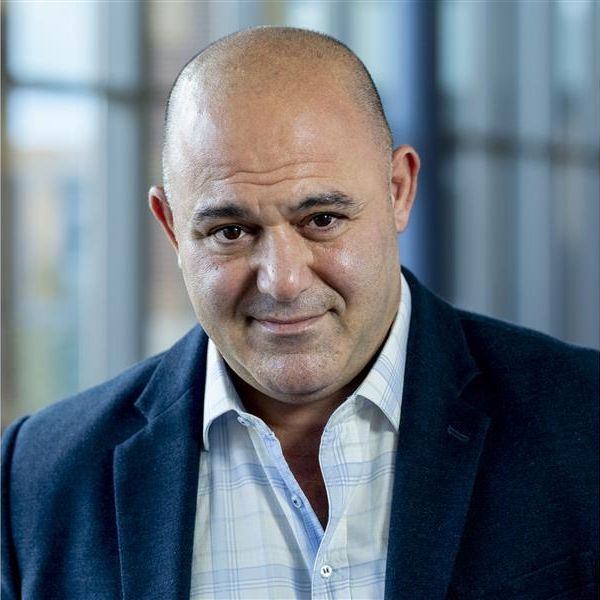
Oct 17, 2024
Gustavo Nader named Huck Chair in Molecular, Cellular and Integrative Physiology
Gustavo Nader, professor of kinesiology and physiology in the Penn State College of Health and Human Development, has been named the Dorothy Foehr Huck and J. Loyd Huck Chair in Molecular, Cellular and Integrative Physiology by the Huck Institutes of the Life Sciences.
Full Article
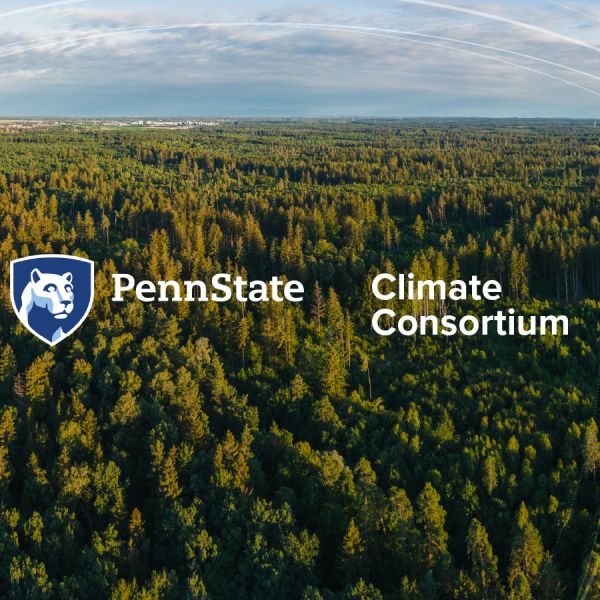
Oct 17, 2024
Climate Consortium awards projects to drive climate solutions across key sectors
The Penn State Climate Consortium has awarded funding to four research projects through its Climate Solutions Accelerator Program. Through this program, the consortium aims to put promising climate solutions into action via interdisciplinary partnerships.
Full Article
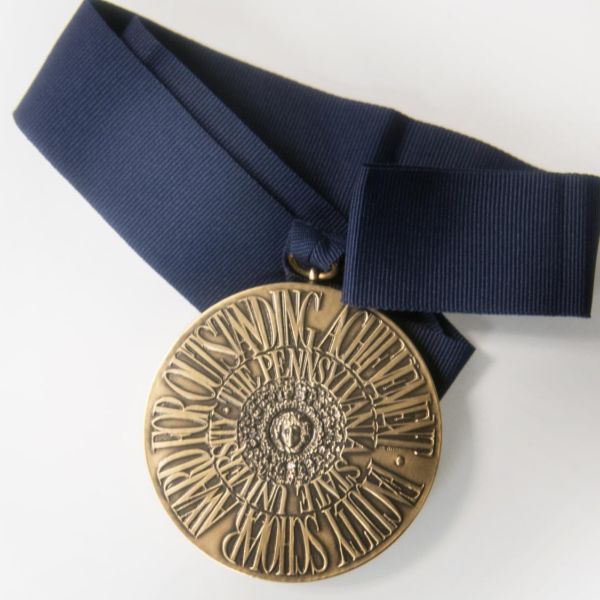
Oct 16, 2024
Nominations sought for Faculty Scholar Medal
The Penn State Office of the President has opened the call for nominations for individuals eligible to receive the Faculty Scholar Medal.
Full Article
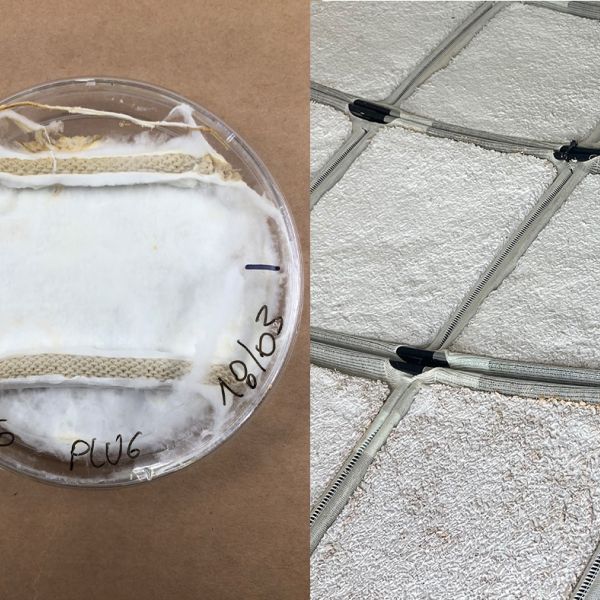
Oct 15, 2024
Fungi Futures exhibition showcases work of Stuckeman architecture researchers
Three projects from researchers in the Stuckeman Center for Design Computing that focus on using mycelium, the root of fungus, as sustainable architectural components are featured in the “Fungi Futures: Exploring Mycelium in Product Design and Crafts” exhibition in the gallery of the (con)Temporary CRAFTS STUDIO in Bremen, Germany, which opened Sept. 21.
Full Article

Oct 14, 2024
Co-occurrence of depression and concussions amplify symptoms of both conditions
A new study led by researchers in the Penn State Department of Kinesiology demonstrated that the co-occurrence of depression and concussion was associated with significantly worse symptoms for both conditions.
Full Article

Oct 11, 2024
Penn State researchers earn funding for sustainable weed and insect management
Three Penn State research teams have received awards totaling $1.78 million from the U.S. Department of Agriculture's National Institute of Food and Agriculture to investigate climate-smart approaches to pest control in agriculture.
Full Article
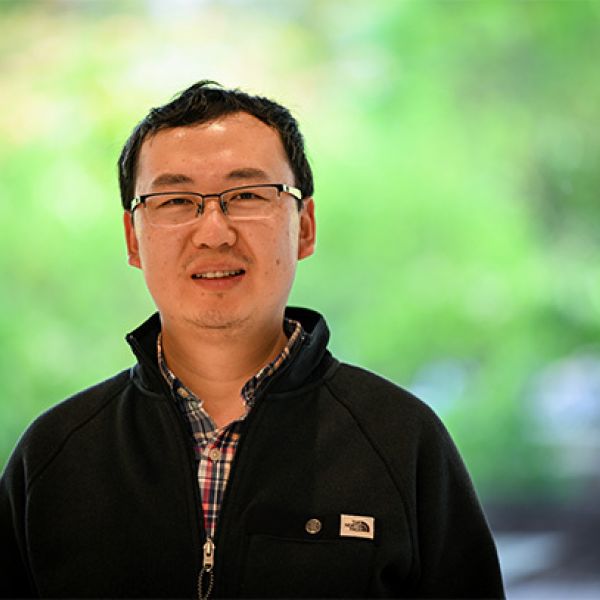
Oct 11, 2024
Q&A: Can electricity treat high blood pressure?
Zhou, assistant professor of engineering science and mechanics and of biomedical engineering, received a five-year, $1.83 million grant from the U.S. National Institutes of Health to develop a soft and stretchable tissue-like electronic device for the treatment of resistant high blood pressure.
Full Article
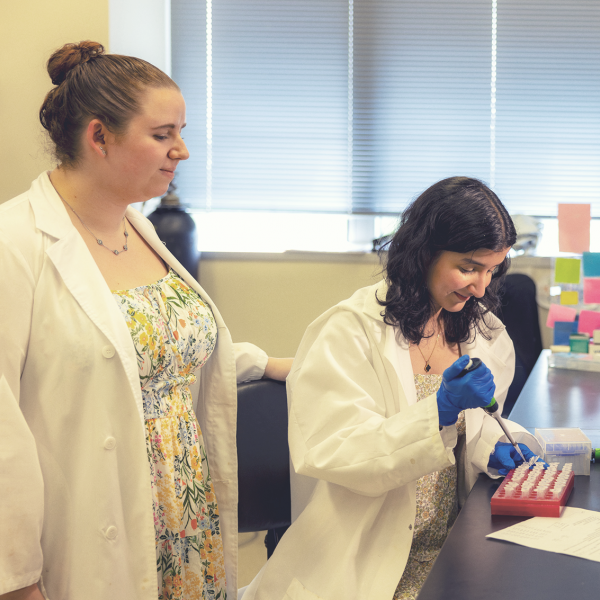
Oct 11, 2024
Toxic protein may contribute to ALS development
New study elucidates the physiological processes that may contribute to ALS development and identifies a potential therapeutic target
Full Article
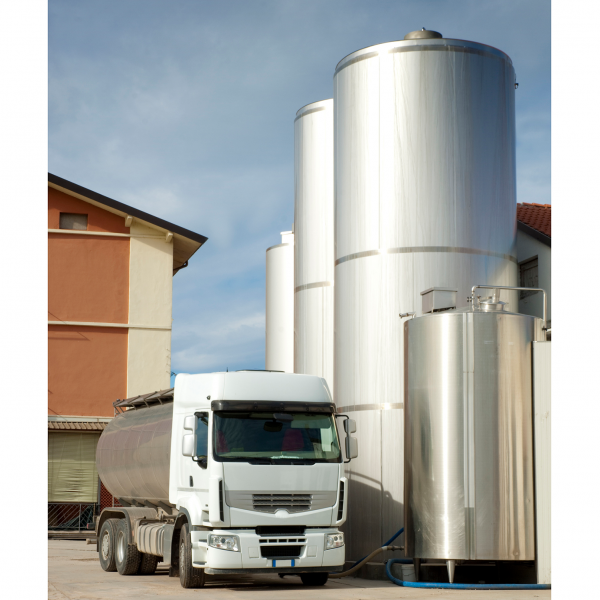
Oct 10, 2024
AI decodes microbes’ message in milk safety testing approach
By combining the genetic sequencing and analysis of the microbes in a milk sample with artificial intelligence (AI), researchers were able to detect anomalies in milk production, such as contamination or unauthorized additives.
Full Article

Oct 10, 2024
Landscape effects of hunter-gatherer practices reshape idea of agriculture
Indigenous hunter-gatherer practices play key role in plant dispersal, genetic diversity and conservation, according to new research led by Penn State anthropologists.
Full Article